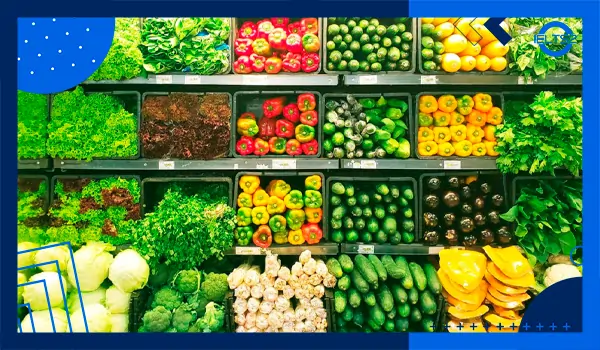🔻It has been suggested that primary children should learn how to grow vegetables and keep animals.
Do the advantages of this outweigh the disadvantages?
More samples on IELTS2.com
The integration of practical skills like growing vegetables and keeping small animals into the primary school curriculum is a proposal that garners significant discussion. While there are legitimate concerns about its implementation, I believe the potential benefits for children’s development far outweigh the drawbacks.
On the one hand, critics of this suggestion point to several valid disadvantages. Primarily, there are substantial health and safety considerations. Managing animals, even small ones like chickens or rabbits, carries risks of allergies, bites, or scratches, requiring stringent supervision which could strain school resources. Furthermore, such projects demand space, time, and funding that many schools, particularly in urban areas, may lack. This could lead to an unequal educational experience, widening the gap between well-funded and under-resourced institutions. Finally, some might argue that the core academic curriculum is already crowded, and adding these activities could detract from essential literacy and numeracy hours.
Despite these challenges, the advantages are profound and multifaceted. Firstly, in an era where children are increasingly disconnected from nature and the source of their food, these activities provide invaluable hands-on lessons in biology, ecology, and nutrition. They foster a sense of responsibility and respect for living things, teaching children about life cycles and the importance of consistent care. Secondly, the psychological benefits are significant. Gardening and caring for animals have been shown to reduce stress and improve mental well-being. For young children, the tangible results of their labour—watching a plant grow or collecting eggs—can boost self-esteem and provide a powerful sense of accomplishment that abstract academic tasks sometimes lack.
Moreover, these skills promote healthy lifestyle choices. Children who grow their own vegetables are more likely to try eating them, combating picky eating habits and encouraging a balanced diet from a young age. This practical knowledge also equips them with a basic understanding of sustainability, a critical lesson for future generations.
In conclusion, while the logistical and safety concerns associated with introducing gardening and animal husbandry in primary schools are non-trivial, they are not insurmountable with careful planning and adequate resources. The potential rewards—ranging from enhanced educational engagement and improved mental health to fostering environmental stewardship—are too significant to ignore. Therefore, I am convinced that the advantages of this approach decisively outweigh the disadvantages.
مطالبی برای مطالعه بیشتر
تصحیح رایگان رایتینگ شما در کانال تلگرام ما




